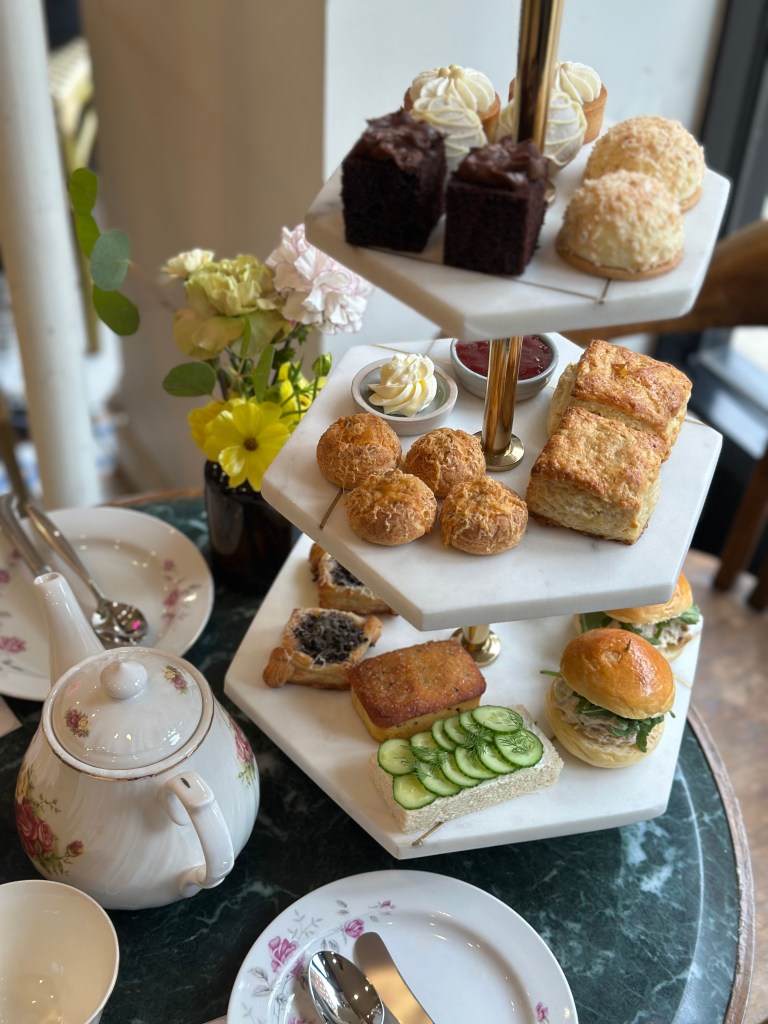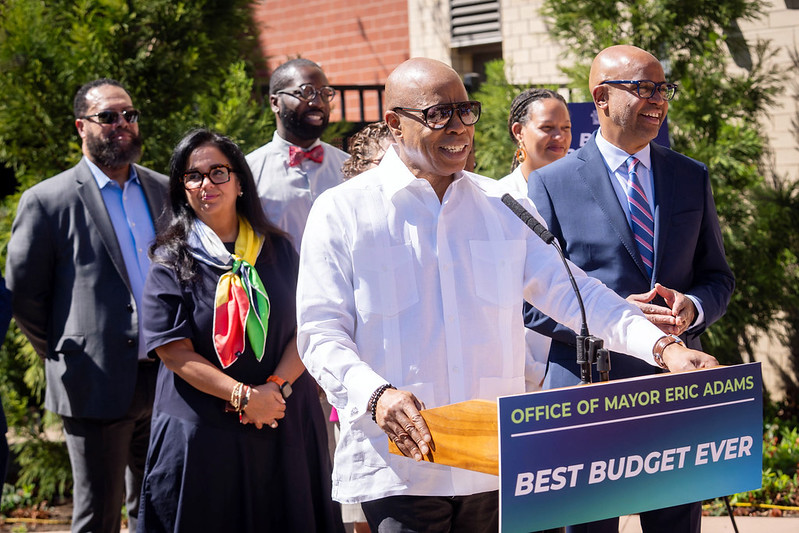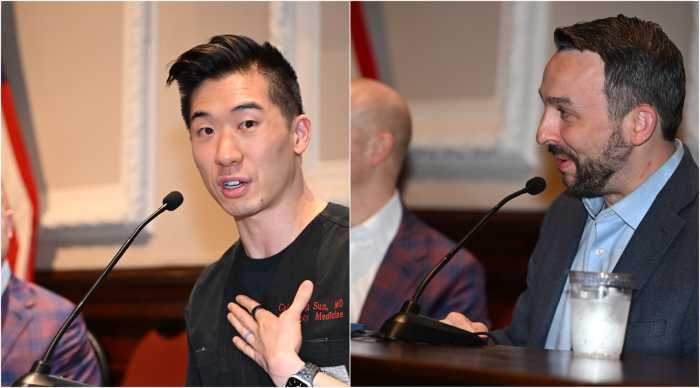Struggling with a weight problem can be a very isolating and depressing experience for anyone to handle by themselves. Having confronted similar issues in her life, Jean Nidetch, took it upon herself to help those in need.
The result of her efforts manifests itself today as the world famous food and services company known as Weight Watchers.
Nidetch, born on October 12, 1923, grew up humbly in Brooklyn. Her father, a cab driver, sold sandwiches and coffee to work gangs to earn extra money during the depression. Her mother contributed by making the sandwiches and working as a manicurist. Although Nidetch’s family did not have an affluent life, they loved and supported one another and that alone was enough to make her happy.
As a young girl, Nidetch was extremely sensitive about her figure. She was especially concerned with her expanding waistline. Although she tried various methods to control her weight, her efforts were futile.
Nidetch eventually enrolled herself in a weight program sponsored by the New York City Board of Health. She was given a strict diet to follow, which she did for ten weeks. Although she lost 20 pounds during that period, Nidetch was disappointed, she was hoping for much better results from her hard work. Soon thereafter, Nidetch began to lose motivation to shed the unwanted pounds.
Feeling alienated, Nidetch turned to her friends for some much-needed support. One September afternoon in 1961, Nidetch invited some of her friends over to her Queens apartment to confide in them about her obsession with eating cookies.
Nidetch lived near 264th street and 60th Avenue in Little Neck. At this point in her life, she was a housewife who had made a habit of holding meetings with her friends, who coincidently also struggled with weight problems of their own.
At these meetings, Nidetch gave her friends copies of the diet she had followed and they were able to discuss their own trials and tribulations with respect to the issue of weight control. “I realized that what I needed was someone to talk to who could give me some feedback,” Nidetch said. “And if I needed it, others needed it just as much.”
Nidetch realized that the key to conquering weight control required, “empathy, rapport and mutual understanding,” ingredients that were present in her family life growing up. Since the idea of support groups was non-existent at the time, Nidetch could be considered a pioneer of the self-help movement.
As word began to spread about the meetings being held at her apartment, the guest list grew rapidly. Within three months, 40 women were squeezing into Nidetch’s small apartment for a chance to talk openly about their latent weight problems. Over the next year, Nidetch agreed to lead similar groups throughout the metropolitan area.
In May 1963, weighing a svelte 142 pounds, Nidetch officially chartered her business and rented a loft in Queens to hold the first public Weight Watchers meeting. On the morning of the first meeting, Nidetch was shocked to see around 400 people patiently waiting to lift a burden that had weighed them down throughout their lives.






























